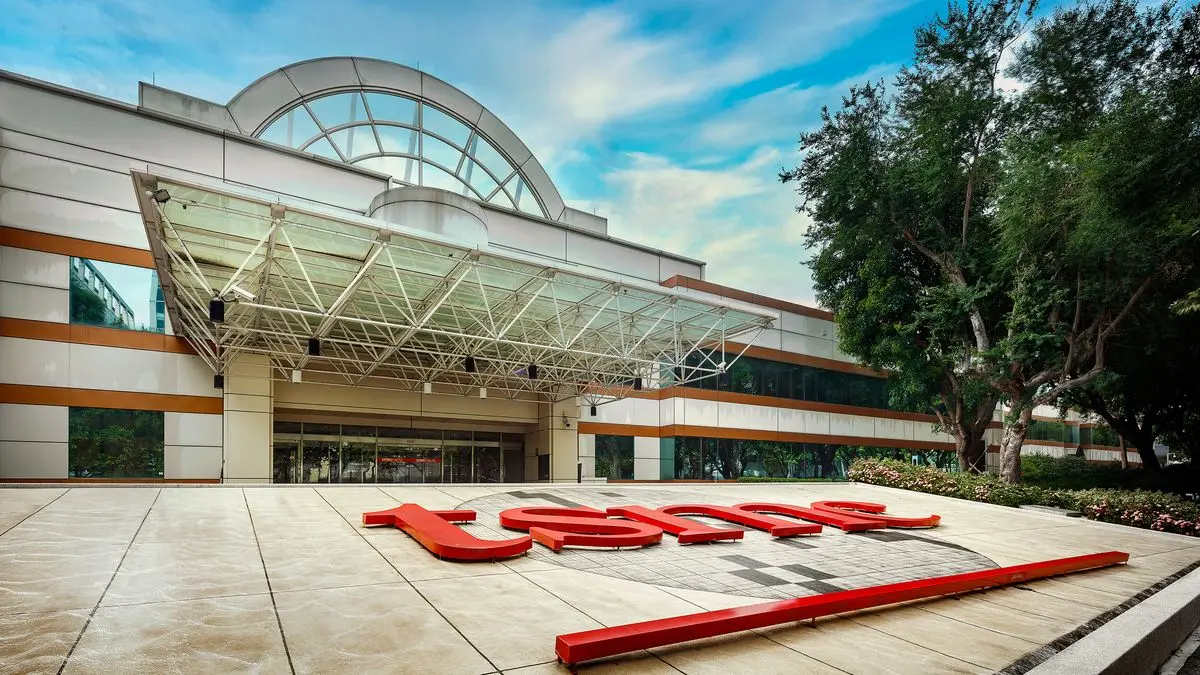Taiwan Semiconductor Manufacturing Company (TSMC), one of the world’s largest advanced computer chip manufacturers, continues finding its efforts to get its Arizona facility up and running to be more difficult than it anticipated. The chip maker’s 5nm wafer fab was supposed to go online in 2024 but has faced numerous setbacks and now isn’t expected to begin production until 2025. The trouble the semiconductor has been facing boils down to a key difference between Taiwan and the U.S.: workplace culture. A New York Times report highlights the continuing struggle.
One big problem is that TSMC has been trying to do things the Taiwanese way, even in the U.S. In Taiwan, TSMC is known for extremely rigorous working conditions, including 12-hour work days that extend into the weekends and calling employees into work in the middle of the night for emergencies. TSMC managers in Taiwan are also known to use harsh treatment and threaten workers with being fired for relatively minor failures.
TSMC quickly learned that such practices won’t work in the U.S. Recent reports indicated that the company’s labor force in Arizona is leaving the new plant over these perceived abuses, and TSMC is struggling to fill those vacancies. TSMC is already heavily dependent on employees brought over from Taiwan, with almost half of its current 2,200 employees in Phoenix coming over as Taiwanese transplants.



Aren’t the machines TSMC uses made in the Netherlands? They’re the only ones who can get down to that size, and they do it working 36 hours a week…
My brother worked for such a Dutch company (ASM) and often got sent overseas to supervise the setting up of the production lines with these machines.
He mentioned when he’d get sent to Asia, the workers would make sure to get it done over a weekend, while implementing the same setup would take 2 to 3 weeks in the US. In part that was due to the working conditions mentioned, but also simple lack of planning in case of the latter (things would grind down to a haalt because certain changes would need to be made, and the person responsible for the decision wouldn’t respond for hours or days, etc).
Side note: while 36 hour work weeks are common in the Netherlands, 40 hours is still the norm in my experience.
A large chunk of ASMLs workforce is in the US actually.
ETA: about half their workforce is in Europe